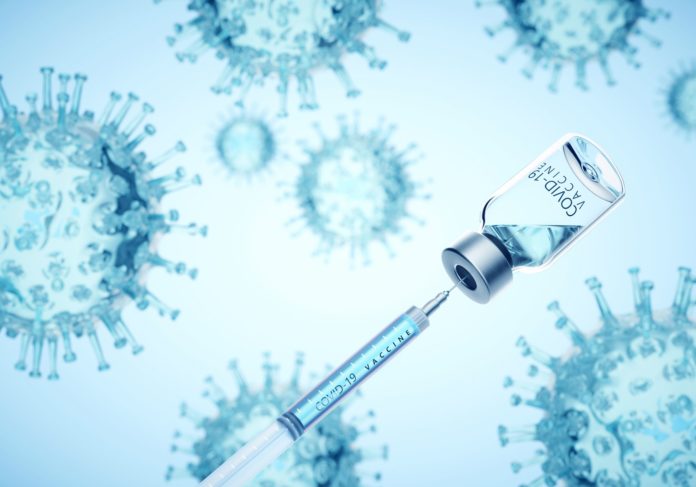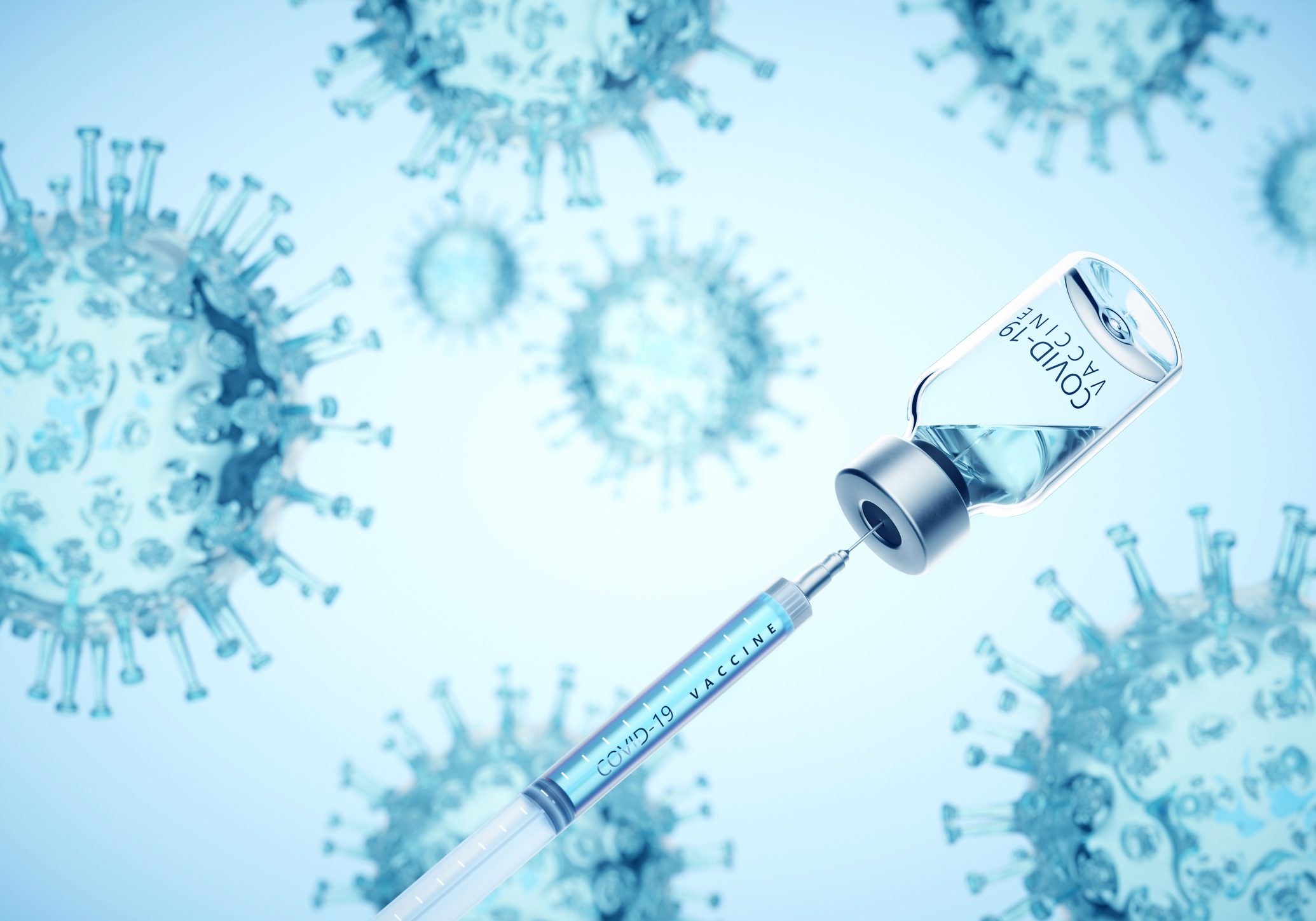In August 2021, the Food and Drug Administration (FDA) gave emergency authorization to the new booster shot called “bivalent.”
The new vaccine contains two messenger RNA (mRNA) components of the coronavirus. Half of the vaccine targets the original strain, and the other half targets the BA.4 and BA.5 Omicron subvariant lineages.
The new COVID boosters were not tested on humans at the time, only on mice. FDA was only relying on the mice trial data.
The CDC panel then voted to recommend the shots for people over the age of 12 and for children as young as 5 to 11.
“Since children have gone back to school in person and people are resuming pre-pandemic behaviors and activities, there is the potential for increased risk of exposure to the virus that causes COVID-19. Vaccination remains the most effective measure to prevent the severe consequences of COVID-19, including hospitalization and death,” said Peter Marks, M.D., Ph.D.
“While it has largely been the case that COVID-19 tends to be less severe in children than adults, as the various waves of COVID-19 have occurred, more children have gotten sick with the disease and have been hospitalized. Children may also experience long-term effects, even following initially mild disease. We encourage parents to consider primary vaccination for children and follow-up with an updated booster dose when eligible,” he added.
However, two independent studies conducted by scientists from Columbia University in New York City and Harvard University found that the new boosters did not produce a better antibody response in humans against BA.5 than the first-generation vaccines.
They compared samples from 21 patients in the Columbia research and 18 people in the Harvard study who received the new boosters to people who received the old vaccine as their fourth shot.
One of the FDA’s vaccine experts immediately issued a statement saying these two studies are “small and subject to limitations.”
“Dr. Peter Marks, head of the FDA’s vaccine division, said the studies are small and subject to limitations. Data from larger well-controlled studies are expected in the near future, he said. Pfizer and Moderna are conducting clinical trials on the new boosters and are expected to provide data later this year,” NBC reported.
Now, a report from CNN claimed that some members of the government advisory panel on vaccines had expressed disappointment after government scientists and Moderna did not present a set of infection data on the company’s new Covid-19 booster during a meeting last year.
CNN spoke with six experts from the FDA and the CDC, and all of them agreed that despite the data’s limitations, it should have been presented to them.
“I was angry to find out that there was data that was relevant to our decision that we didn’t get to see,” said Dr. Paul Offit, a member of the Vaccines and Related Biological Products Advisory Committee.
“It’s not a group of children. We understand how to interpret these results,” said Dr. Eric Rubin, a member of the FDA vaccine advisory committee.
“There should always be full transparency,” said Dr. Arnold Monto, acting chair of the FDA advisers’ group. “These data should not be dismissed. They are early, but they indicate that we need to look at them and see what their value is.”
If the data “was looked at as part of the study, it should have been presented to the advisers prior to their decision,” said Dr. Pablo Sanchez, a member of the Advisory Committee on Immunization Practices at the CDC.
CNN reported:
Some vaccine advisers to the federal government say they’re “disappointed” and “angry” that government scientists and the pharmaceutical company Moderna didn’t present a set of infection data on the company’s new Covid-19 booster during meetings last year when the advisers discussed whether the shot should be authorized and made available to the public.
That data suggested the possibility that the updated booster might not be any more effective at preventing Covid-19 infections than the original shots.
The data was early and had many limitations, but several advisers told CNN that they were concerned about a lack of transparency.
At a meeting of this FDA advisory group in June and a meeting in September of a panel that advises the US Centers for Disease Control and Prevention, the experts were presented with reams of information indicating that the new vaccine worked better than the one already on shelves, according to a review of videos and transcripts of those meetings and slide presentations made by Moderna, CDC and FDA officials.
That data – called immunogenicity data – was based on blood work done on study participants to assess how well each vaccine elicited antibodies that fight off the Omicron strain of the virus that causes Covid-19.
The data that was not presented to the experts looked at actual infections: who caught Covid-19 and who did not.
It found that 1.9% of the study participants who received the original booster became infected. Among those who got the updated bivalent vaccine – the one that scientists hoped would work better – a higher percentage, 3.2%, became infected. Both versions of the shot were found to be safe.
This infection data was far from complete. The number of study subjects who became infected was very small, and both the patients and the researchers were aware of who was getting the original shot and who was getting the new booster.
Despite these imperfections, the data was included in a preprint study that was posted online in June, again in September in an FDA document and then later that month in a top medical journal – and advisers to the FDA and the CDC said the data should have been shared with them, too.
A spokesperson for Moderna, Christopher Ridley, told CNN in an email that the company put the research manuscript online and shared infection data with the FDA before the agency’s panel meeting in June “in response to requests that we share an update from the ongoing study.”



